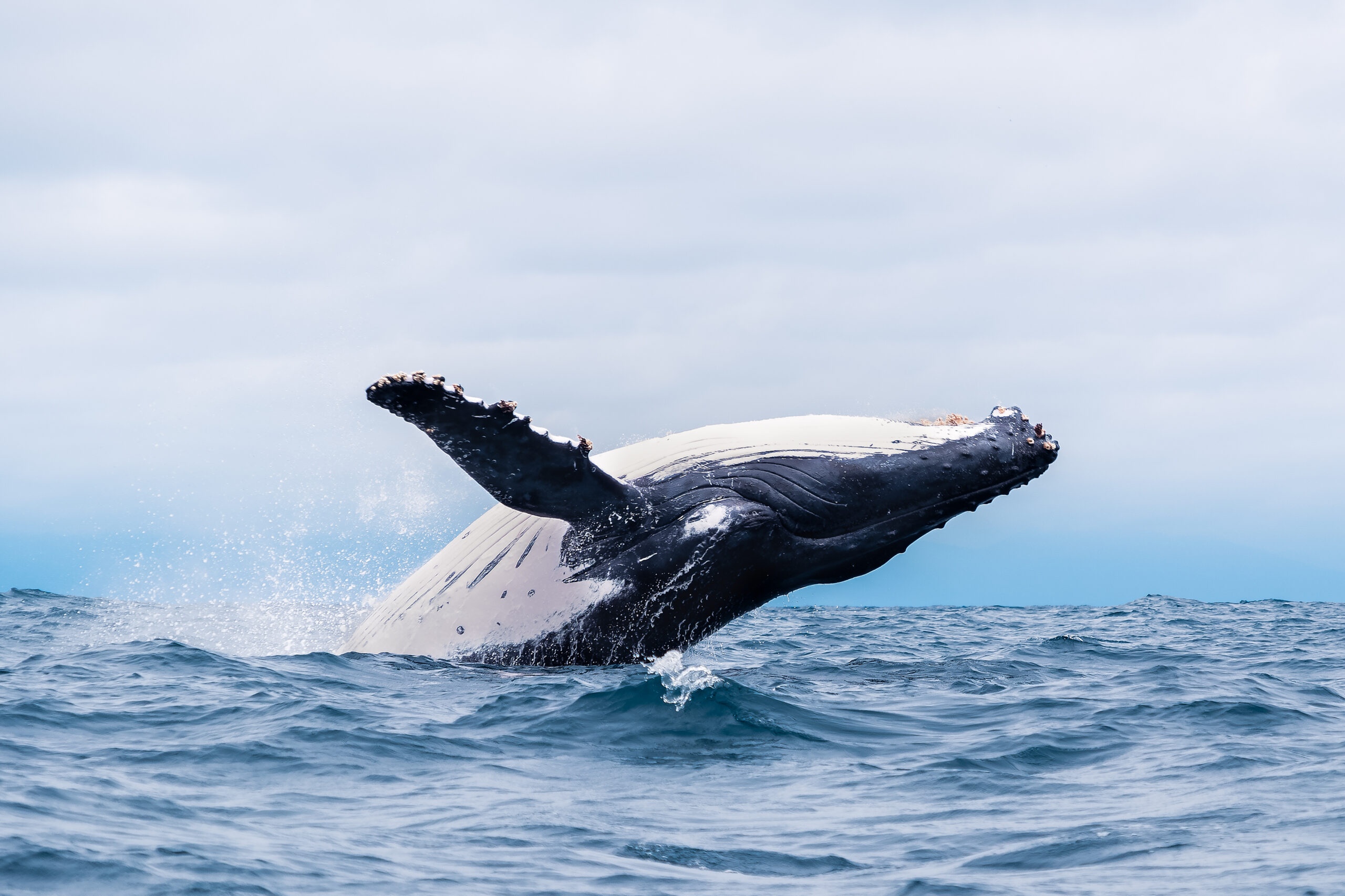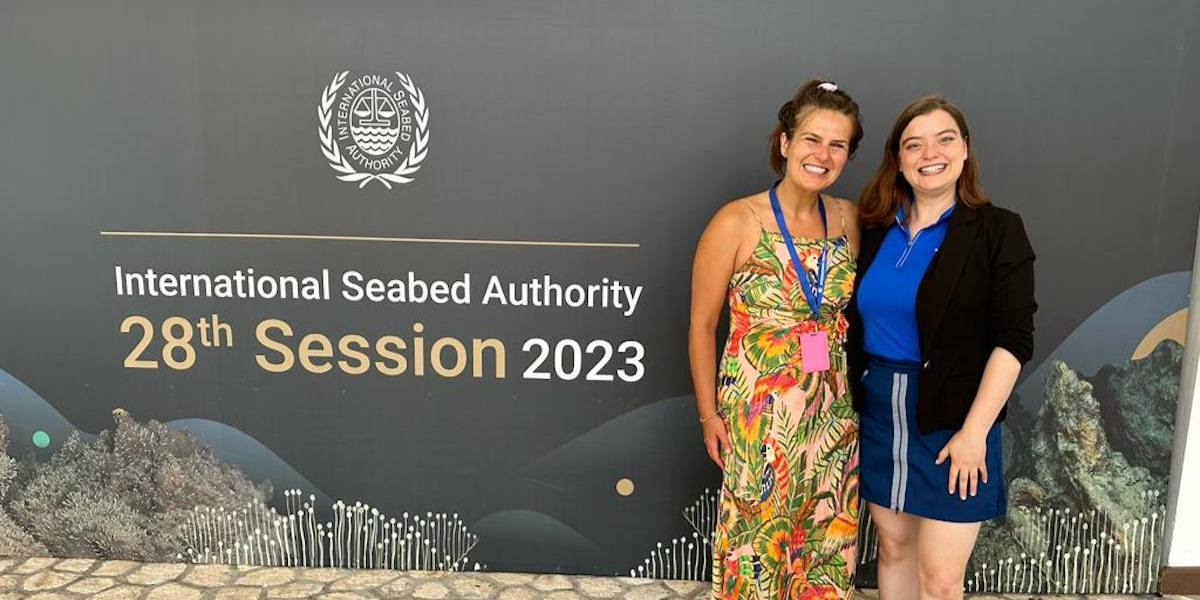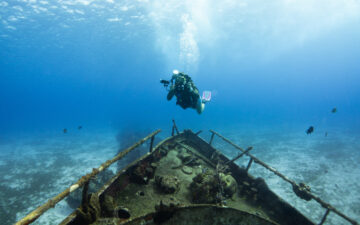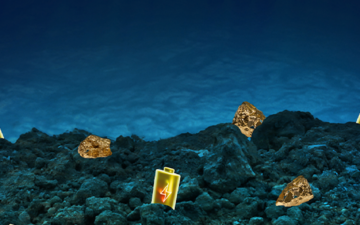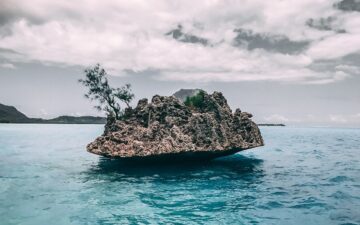July’s International Seabed Authority Meetings Recap
The 28th meeting of the International Seabed Authority resumed this July with two weeks of Council meetings and one week of Assembly meetings. The Ocean Foundation was on the ground for all three weeks to raise our topline messages on finance and liability, underwater cultural heritage, transparency, and stakeholder engagement.
Want to learn more about the inner workings of the ISA Council? Check out our March meetings wrap-up for a detailed look.
What we liked:
- No Mining Code was adopted and no deadline for finishing the Mining Code was decided. Delegates agreed to work toward finishing the draft regulations by 2025, but with no legal commitment.
- For the first time in the ISA’s history, a discussion on the protection of the marine environment, including a pause or moratorium on deep-sea mining was placed on the agenda. The conversation was initially blocked, but with an hour til the close of the meetings, States agreed to consider the item again at the July 2024 Assembly meetings.
- Countries agreed to undertake a discussion of an institutional review of the ISA regime, as required every five years, in 2024.
- While the threat of deep-sea mining still remains a possibility, resistance from the NGO community, including The Ocean Foundation, is strong.
Where the ISA fell short:
- The ISA’s poor governance practices and lack of transparency continued to affect both the Council and Assembly meetings.
- The proposed pause or moratorium on deep-sea mining was on the agenda, but the conversation was blocked – largely by one delegation – and interest was voiced in an intersessional dialogue on the topic, leaving open the possibility to attempt to block future related discussions.
- Key negotiations took place behind closed doors, across multiple days and agenda items.
- Significant restrictions were placed on the media – the ISA purported to ban the media from criticizing the ISA – and NGO and scientist observers attending the meetings.
- The ISA Council failed to close the “two year rule” legal loophole that would allow the industry to begin.
- Concerns continued to grow regarding the influence of prospective mining companies on the Secretariat’s decision-making process and the Authority’s ability to act both independently and in the best interests of the global community.
Read more below for a breakdown of TOF’s work at the ISA and what happened during the Council and Assembly meetings.
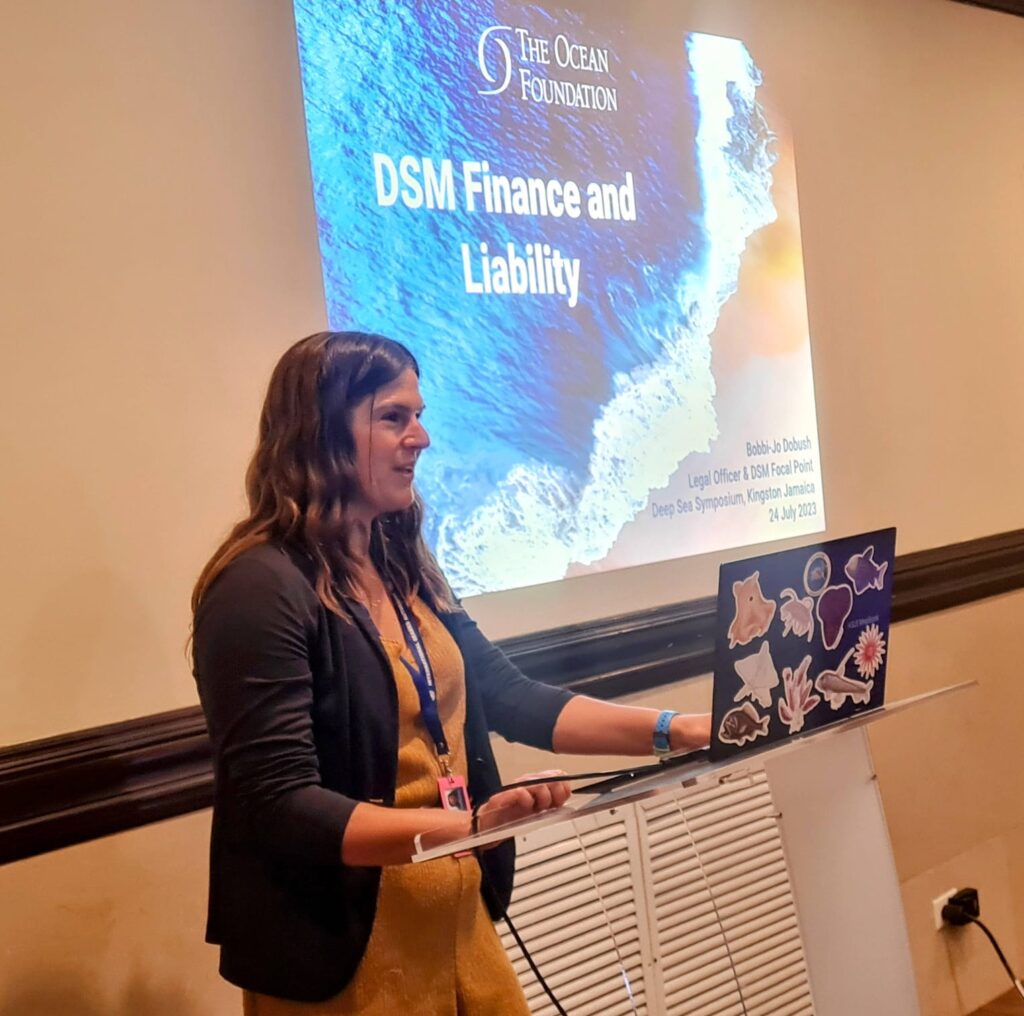
The Ocean Foundation worked toward a moratorium both in and outside the meeting rooms, delivering formal remarks on the floor and sponsoring the Sustainable Ocean Alliance Youth Symposium and related art show. Bobbi-Jo Dobush, TOF’s DSM lead, spoke to a group of 23 youth activists convened by Ecovybz and Sustainable Ocean Alliance from throughout Latin America and the Caribbean on finance and liability issues with DSM, and the current state of the draft regulations.
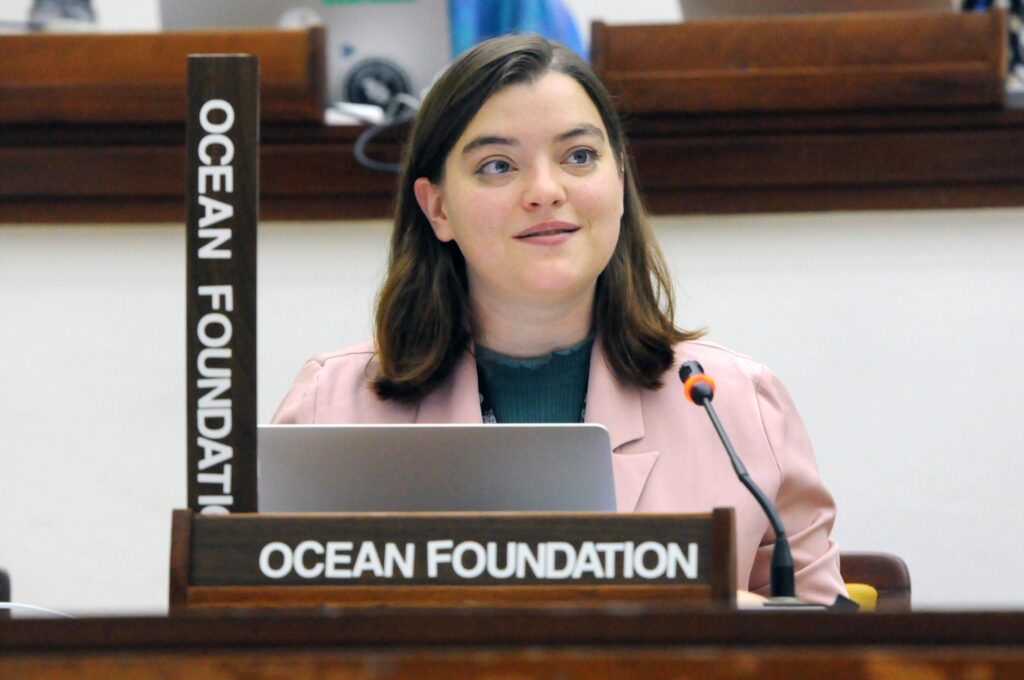
TOF’s Maddie Warner spoke during the Council meetings on current gaps in the draft regulations, discussing how the regulations are not only not ready for adoption, but are currently ignoring a standard practice for liability. She also noted the need to retain an environmental performance guarantee (a set of funds designated for the prevention or repair of environmental damage), ensuring that even if a contractor files for bankruptcy, funds would remain available for environmental remediation. Following TOF’s push for consideration of Underwater Cultural Heritage (UCH) at the March 2023 ISA meetings, and multiple intersessional meetings led by the Federated States of Micronesia, in the lead-up to the July meetings, there was extensive discussion about whether and how to take UCH into consideration. These conversations continued in person during the July meetings, with active TOF participation, offering contributions including UCH in baseline surveys and as part of need to continue working on how to best include UCH in the draft regulations.
The ISA Council (Weeks 1 and 2)
During lunch breaks throughout the week, States met in informal closed discussions to discuss two decisions, one on the two year rule/what if scenario, which expired right before the beginning of the July Council sessions (What’s the what if again? Find out here), and the other on a proposed roadmap/timeline forward.
Many States argued that focusing discussions on what to do if a plan of work for prospective mining was submitted was more critical than spending limited meeting days on a timeline discussion. In the end, both documents were negotiated in parallel late into the evening on the last day with both ultimately adopted. In the decisions, States affirmed their intention to continue elaborating the Mining Code with a view to finishing by the end of 2025 and the close of the 30th session, but with no commitment (Read the Council’s decision on the two-year rule here, and the timeline here). Both documents state that no commercial mining should be carried out without a completed Mining Code.
The Metals Company (the prospective seabed miner behind the attempted rush to greenlight the industry) banked on this July being the start of deep-sea mining, but no green light was given. The ISA Council also failed to close the legal loophole that would allow the industry to begin. This means that the threat of deep-sea mining still remains a possibility, but resistance from the NGO community, including The Ocean Foundation, is strong. The way to stop this is through a moratorium, and that requires more governments in the room at the ISA Assembly, the ISA’s supreme body, to safeguard the ocean and move discussions towards preventing this destructive industry.
Assembly (Week 3)
The ISA Assembly, the body of the ISA representing all 168 ISA Member States, has the power to establish a general ISA policy for pause or moratorium on deep-sea mining. A discussion on the protection of the marine environment, including a pause or moratorium on deep-sea mining was on the agenda for the first time in the ISA’s history, but the conversation was blocked – largely by one delegation – in a move that brought to the forefront the governance deficiencies of the ISA, a body meant to safeguard the deep sea for the common heritage of humankind.
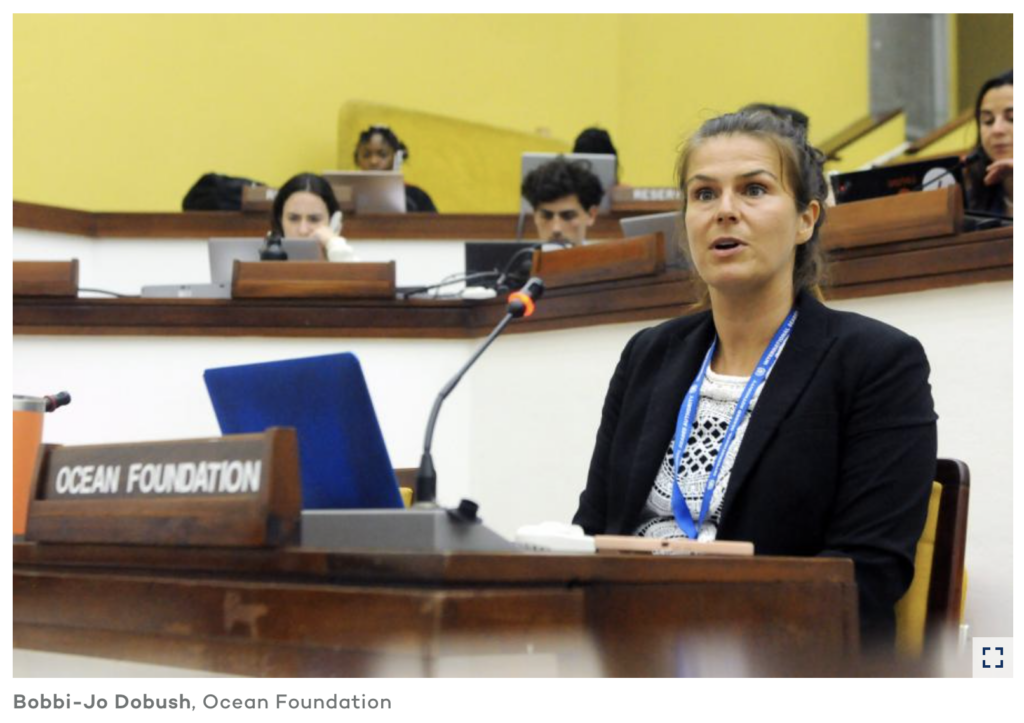
An hour before the close of the meeting, a compromise was reached where countries agreed to a provisional agenda for the July 2024 meetings containing a discussion on the conservation of the marine environment, with a view to a moratorium. They also agreed to undertake discussion of an institutional review of the ISA regime, as required every five years, in 2024. However, the delegation that had blocked the conversation noted interest in an intersessional dialogue on including the moratorium agenda item, leaving open the possibility to attempt to block a discussion of the moratorium next year.
The movement for a pause or moratorium on deep-sea mining is real and growing, and needs to be formally recognized in all ISA processes. It is crucial that this matter is addressed at the ISA Assembly under its own agenda item, where all Member States can have a voice.
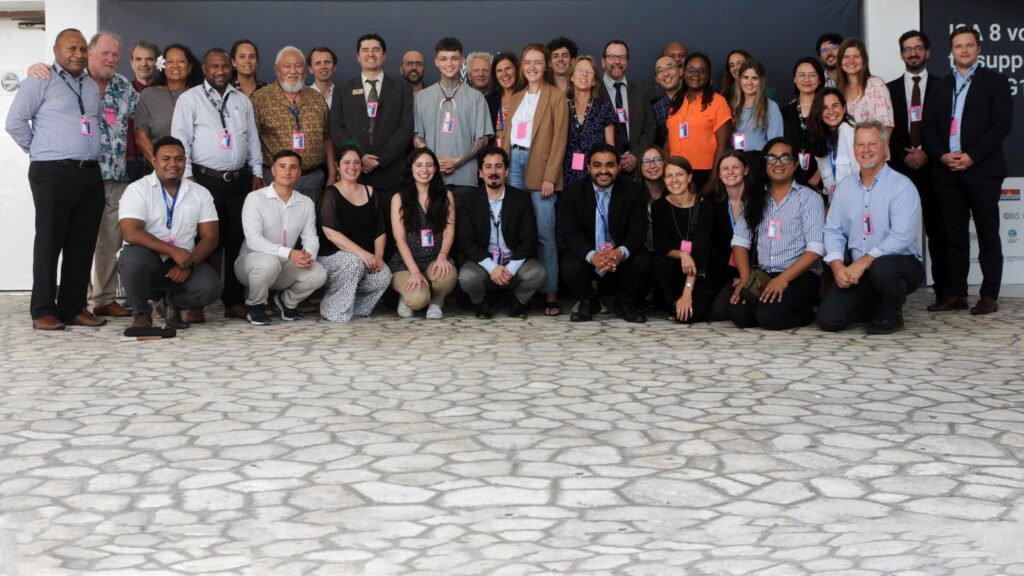
This meeting marks a full year since The Ocean Foundation became an official Observer of the ISA.
TOF is part of a growing number of civil society organizations who have joined discussions at the ISA to encourage consideration for the marine environment and those who depend on it, and remind States of their duties to be stewards of the ocean: the common heritage of humankind.
